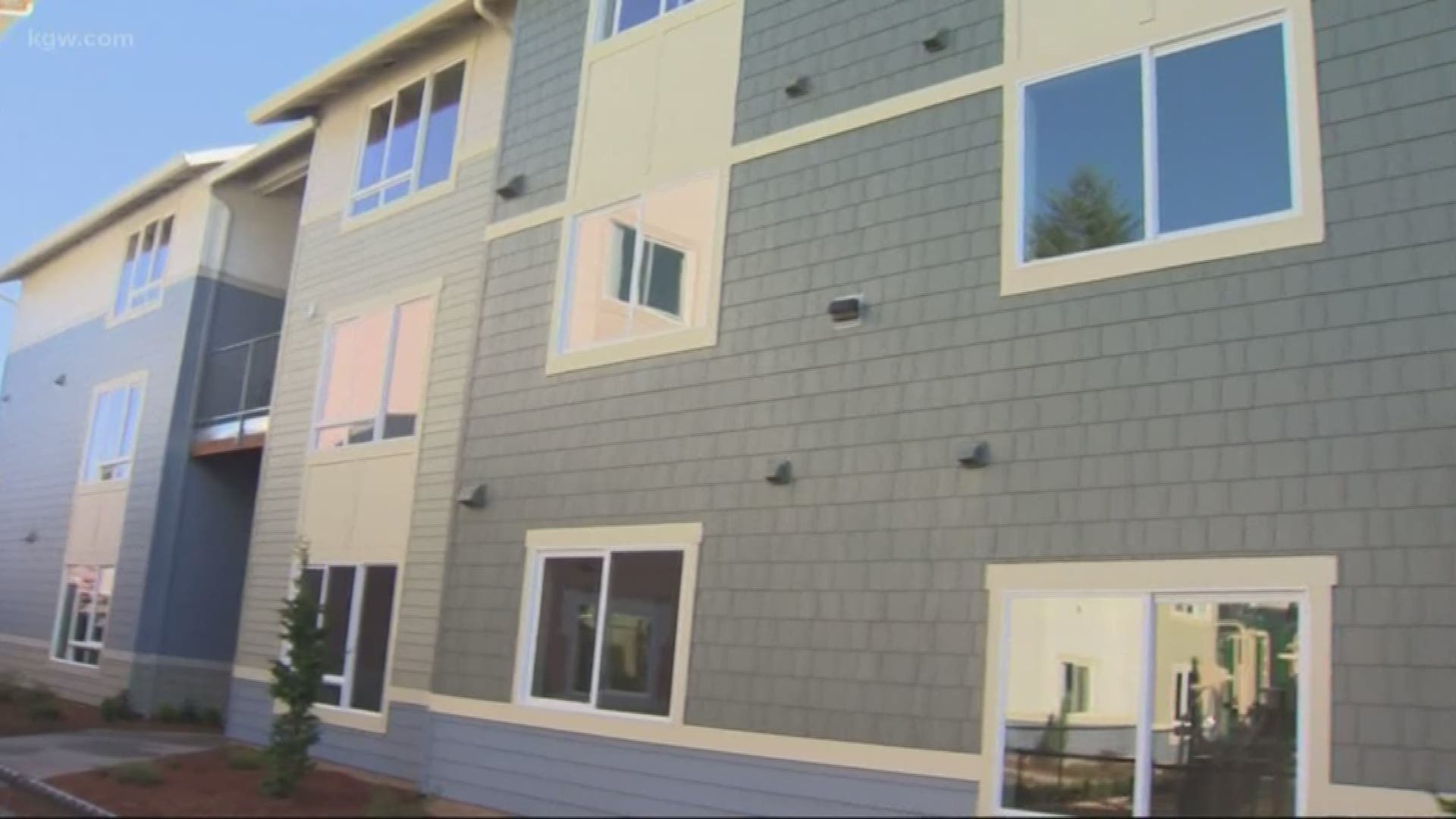PORTLAND, Ore. — A new rental policy proposal would change how landlords can screen tenants. The new policy would limit the landlord’s ability to check a tenants financial and criminal histories.
Many, like Ron Garcia, President of Rental Housing Alliance Oregon, disagree with the proposed changes.
“Putting it to a position where you can no longer screen applicants without compensating factors, criminal background being the target, that a landlord cannot prevent criminals from moving in to neighbors’ units, it puts tenants on notice that they can't even trust who is going to be moving next door,” Garcia explained.
Garcia is not the only one who finds the proposal troubling. A group of affordable housing developers wrote a letter to the mayor and city commissioners voicing concerns over the proposal, saying the policy could make it more difficult to provide affordable housing.
The letter reads in part, “We applaud the desire to increase access to housing. However, as practitioners in the affordable housing community, we have many concerns that remain unaddressed and we are very worried that this set of criteria will have a significant adverse impact on the work we do. There are many factors to consider when thinking through policy changes around screening applicants, including how we support the current vulnerable residents that we house, how we are consistent and fair, and the actual cost of operationalizing any new procedure.”
The letter goes on to say, “The criminal history standards are too permissive. Our primary concern is for the safety of other tenants and existing communities. We are mission‐based and work to help people overcome barriers to housing, including people with extensive criminal backgrounds. However, the proposed policy removes thresholds for certain convictions that could negatively impact existing vulnerable residents. We invite a conversation on this set of criteria that includes how and where to apply low‐barrier criminal history criteria.”
Katrina Holland, the Executive Director of Community Alliance Tenants, a group that supports the proposal, said someone’s criminal history alone does not tell the whole story.
“Current screening criteria policy is extremely subjective, so somebody who may have a criminal history that is over ten or 15 years ago could be denied housing just because somebody has preconceived notions of what that is,” Holland explained.
Holland said current screening process are subject and discriminatory to certain groups of people.
“We consistently hear time and again that people are being denied housing based off of extremely subjective screening criteria and excessive security deposit requirements allowed under current law,” Holland said.
The proposal would also limit the amount a landlord can charge for a security deposit.
“The issue is, we don't want to deny applications,” Garcia explained. “We want to rent units. We're not trying to have vacancies. We want long term tenants in units. Landlords don't make money on a vacant unit and we want to keep it safe, we want to make sure that our other tenants are safe, and have a good reasonable place to live, that's the goal.”
The proposal is not finalized. Several community partners are working together to refine it.
The policy is scheduled to go before the Portland City Council on October 18.

